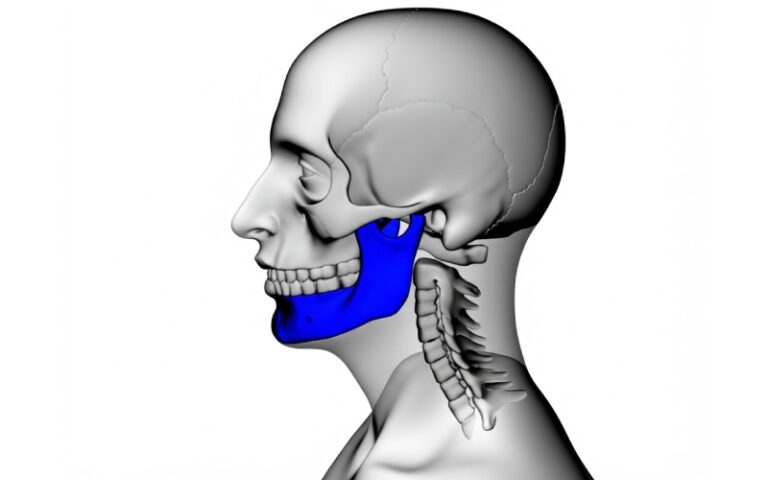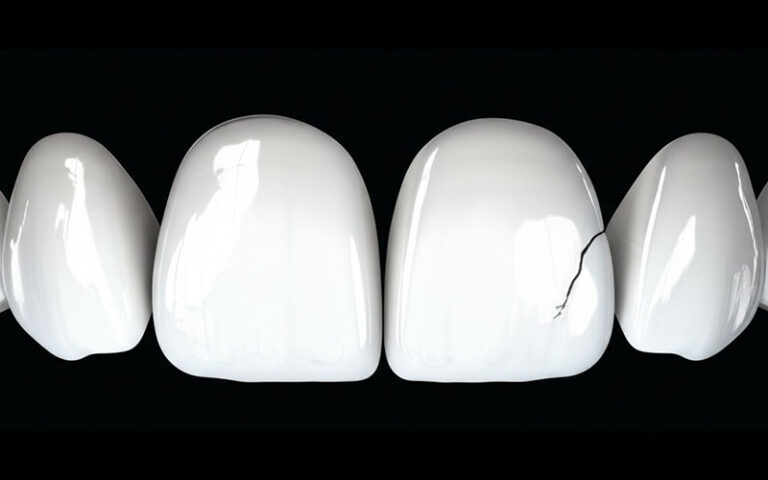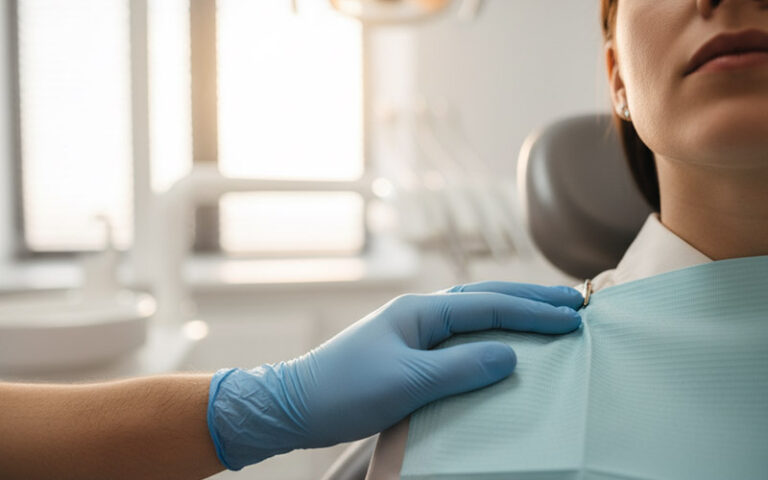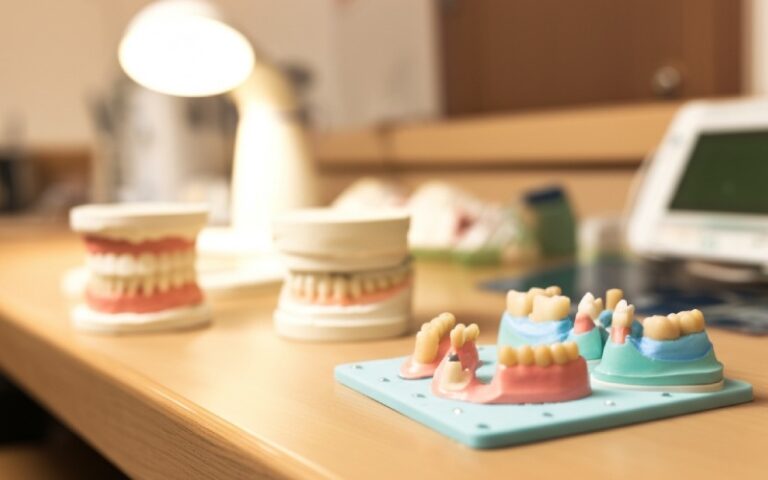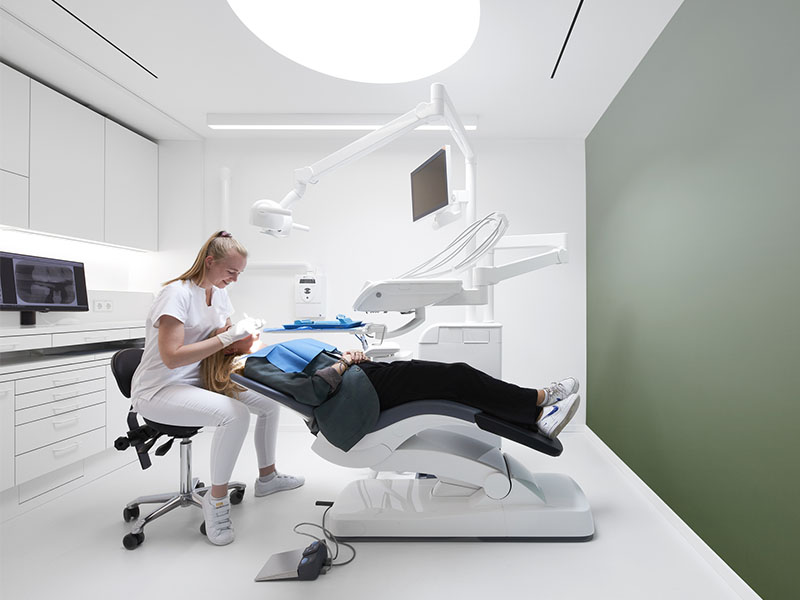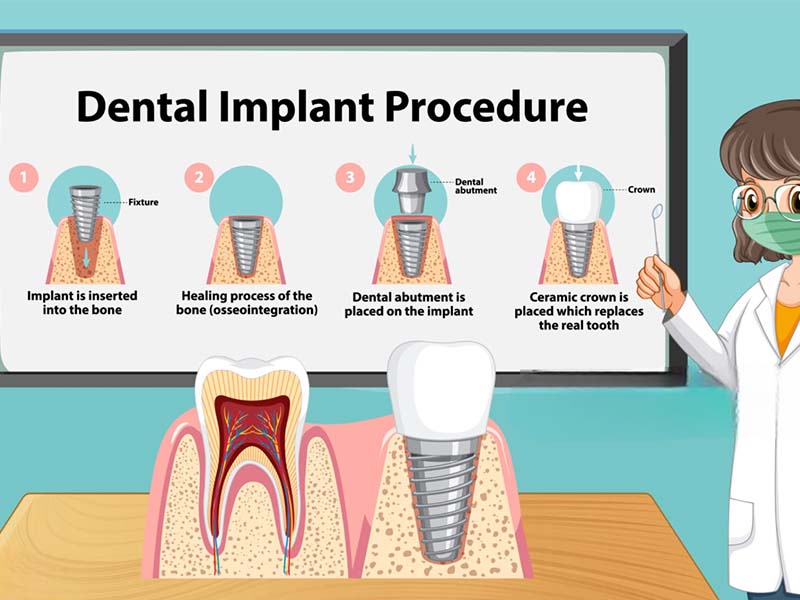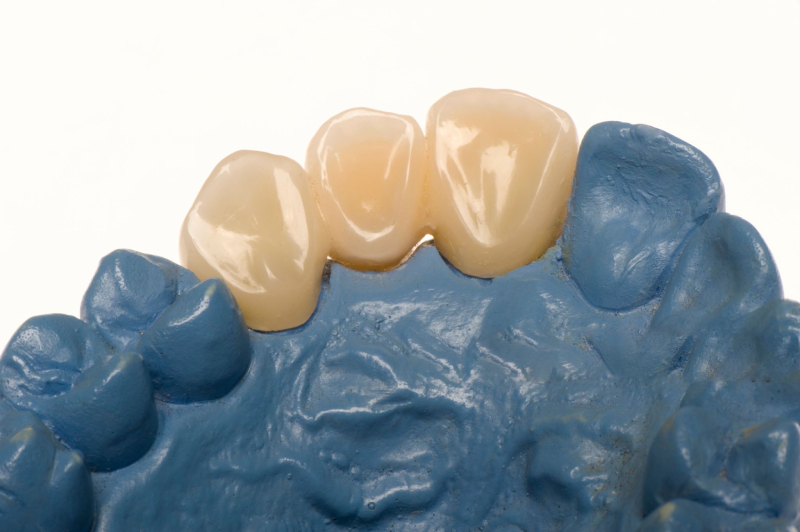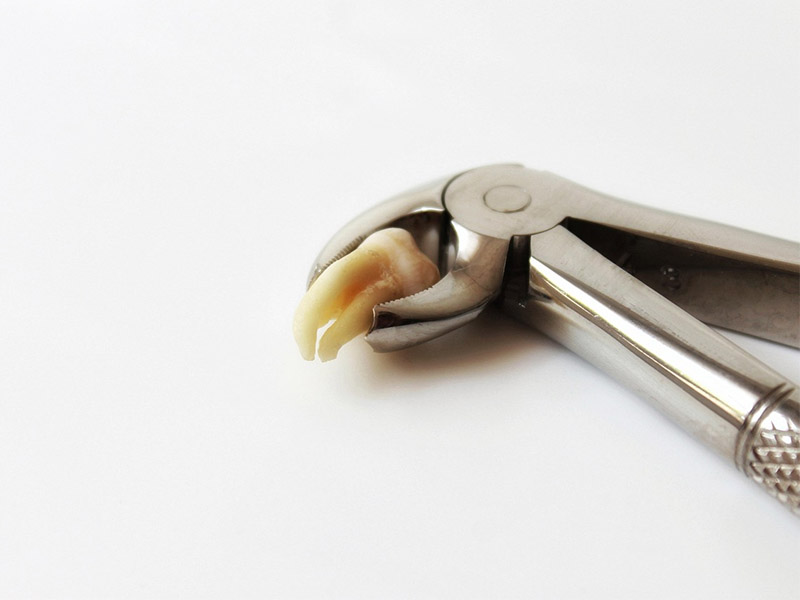
Wisdom Teeth Removal: Your Complete Guide to What You Need to Know
Have you ever caught yourself wincing near the back of your mouth, wondering if those stubborn back teeth pushing through your gums are more trouble than they’re worth? You’re not alone. Wisdom teeth – those last molars that show up in your late teens or early twenties – worry millions of people every year. Maybe your dentist has brought up wisdom teeth removal, or maybe you’re dealing with pain, swelling, or just feeling anxious about what’s coming. No matter what your question is, you’re in the right spot. Think of this as your easy-to-follow guide to wisdom teeth removal, with both science and a little kindness.
Table of Contents
What Are Wisdom Teeth and Why Are They Taken Out?
What Are Third Molars?
Let’s start simple. Wisdom teeth are your last set of molars, sitting in the very back of your mouth. Most folks have four of them (two on top, two on the bottom) and they usually show up between age 17 and 25. They get called “wisdom teeth” because you’re supposed to be a bit older and, hopefully, wiser when they come in.
Here’s the problem: Our jaws don’t really have space for these late arrivals like they used to way back when people needed to chew raw plants and tough meat. So, there’s not always enough room for them. That’s why wisdom teeth often get stuck. To put it simply, they might get trapped under your gums, come in sideways, or even push against the tooth next to them.
Why Do We Take Out Wisdom Teeth?
Getting Stuck (Impaction): What This Means
Stuck wisdom teeth are like uninvited guests who show up and make a mess. Sometimes they come out part of the way, sometimes they stay completely under the gum or even inside your jawbone. They can point straight up, lay sideways, or dig right into the jaw.
So, why care? Here’s what these teeth can cause:
- Pain: Dull or sharp pain at the back of your jaw.
- Infection: Bacteria can get trapped, leading to a gum infection called pericoronitis or even a nasty pocket of pus.
- Harm to Other Teeth: They can crowd or mess up your other teeth, especially the one in front.
- Cysts and Growths: It’s rare, but sometimes a stuck tooth can cause a small sack of fluid or even a weird growth.
- Brace Problems: If you’ve had braces, these teeth might mess up your straight smile.
Good to know: Not everyone has to get their wisdom teeth out. A lucky few have enough space for problem-free wisdom teeth. For most people though, removing them is the safest bet.
Do You Have to Remove Your Wisdom Teeth? Signs and What to Expect at the Dentist
You might not be sure if you really need your wisdom teeth taken out. Here’s how to start figuring it out.
Signs Something’s Wrong
Ask yourself:
- Is the back of your mouth sore or throbbing?
- Are your gums behind your last teeth swollen, tender, or bleeding?
- Is it hard to open your mouth all the way?
- Do you taste something odd, notice bad breath, or see pus?
- Are your teeth suddenly getting crowded or crooked?
If you said “yes” to any of these, you should see a dentist.
What Happens at Your Dental Visit?
Here’s what you can expect:
- Look-See: Your dentist or surgeon will check your mouth for swelling, redness, or pus.
- Full Picture: They’ll take a big X-ray or 3D scan to see if your wisdom teeth are stuck, how close they are to your nerves or sinuses, and to check for damage or infection you can’t see.
- Talk It Out: The dentist will explain what’s going on and suggest what’s best for you.
- Your Situation: Things like your age, health, pain, and if you need braces will affect the next steps.
Quick tip: Don’t be shy. Ask for a simple explanation and to see your X-ray. Knowing what’s happening can be a huge relief!
How Does Wisdom Teeth Removal Work? The Surgery Day Routine
So, you’re set for the surgery. Here’s what usually happens from start to finish.
What About Anesthesia?
The word “surgery” can sound scary. Don’t worry. There are ways to make sure you won’t feel pain and will stay calm.
- Numbing Shots: The dentist numbs just the area. You’ll be awake, but your mouth will be pain-free.
- Laughing Gas: You breathe it in through a mask, which helps you relax but not fall asleep.
- IV Medicine (Sedation): Medicine goes into your arm, making you sleepy and relaxed. You probably won’t remember much.
- Full Sleep (General Anesthesia): Used only for tough cases, you’ll be totally knocked out.
The type you get depends on how tricky your teeth are, how nervous you feel, and your health. Talk about your worries or wishes—the team wants you to be comfortable!
Steps of Taking Out the Tooth
Basic Pull vs. Taking Out a Stuck Tooth
- Simple Removal: If the tooth has already popped up, your dentist just wiggles it out (kind of like pulling a loose baby tooth but with special tools).
- Surgical Removal: For teeth under the gum or in the bone, your surgeon makes a small cut, sometimes removes a bit of bone, and carefully takes out the tooth. You might get stitches to help the area heal.
How Long Does It Take?
A simple pull can be done in about 20 minutes per tooth. Harder cases, or if you’re doing all four teeth, may take 30–60 minutes or a bit longer. The dental team will keep you in the loop.
Afterward: Always have someone come with you to drive you home, especially if you’re groggy from sedation.
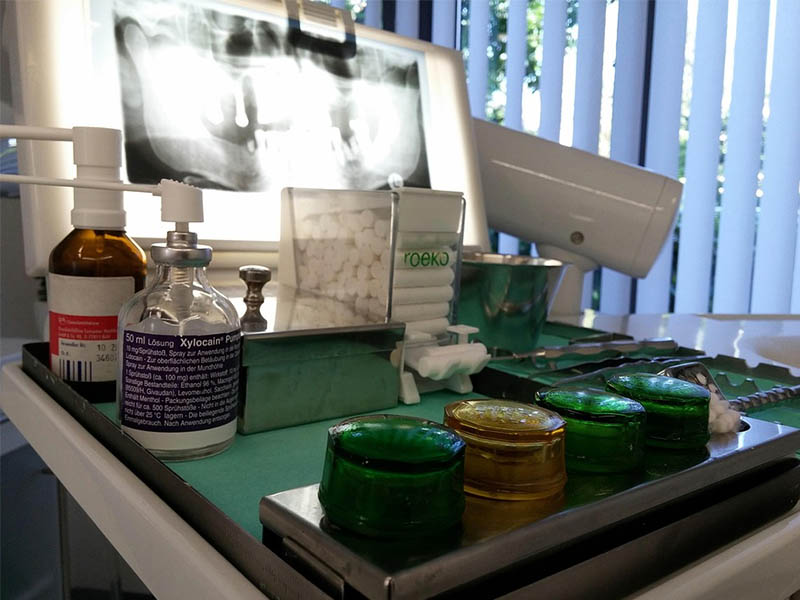
Wisdom Teeth Removal Recovery: Your Step-by-Step Healing Guide
Worried about healing? That’s normal! Here’s a basic plan to help you bounce back and eat your favorite foods again.
Taking Care of Yourself: The First 24-48 Hours
Handling Bleeding and Swelling
- Gauze: Bite down gently on the provided gauze to stop bleeding. Change it as needed.
- Ice: Use an ice pack (or frozen peas wrapped in a towel) on your cheek for 20 minutes at a time to keep swelling down.
Using Painkillers and Other Medicines
- Store-Bought Pain Meds: Take ibuprofen or acetaminophen as directed for mild pain or swelling.
- Stronger Painkillers: Sometimes your dentist gives you something stronger or antibiotics if needed.
Eating After Surgery
- Soft and Cool: Stick to applesauce, yogurt, mashed potatoes, scrambled eggs, pudding, broth, and smoothies. Stay away from hot, spicy, crunchy, or hard foods for now.
- Water: Drink plenty! But don’t use straws—sucking can pull out the healing blood clot and cause a dry socket.
Cleaning Your Mouth
- First Day: Don’t rinse, swish, or spit.
- From Day Two: Rinse gently with salt water (mix a half-teaspoon salt in a cup of warm water) after meals and before bed.
- Brushing: Leave the area alone for a few days, then brush gently as you heal.
Keeping Out of Trouble: How to Spot and Prevent Problems
Dry Socket: Pain, Prevention, and What to Do
Dry socket is when the blood clot protecting your jawbone falls out too soon. Yikes! It usually starts three to five days after surgery and causes strong pain.
- How to Prevent: Don’t smoke, spit, or use straws. Stick to soft foods and do what your dentist says.
- What to Watch For: Bad pain, terrible breath, or seeing a hole in your gum.
- If It Happens: Call your dentist. They can treat it and get you feeling better fast.
Infection: Signs You Need Help
Look out for:
- Swelling that won’t go away, fever, or pus
- A weird taste that won’t leave
- Trouble swallowing or breathing
If you notice any of these, call your dentist!
Other Things: Numbness, Stiff Jaw, Bleeding
- Numbness: Tingling in the lips or tongue happens sometimes and usually goes away in a few hours or days. If not, see your dentist.
- Jaw Stiffness: Trouble opening your mouth is normal at first. Ask about gentle jaw exercises.
- Bleeding That Won’t Stop: Bite on new gauze or a wet tea bag for 30 minutes. Bleeding after a day? Call your dental office.
What to Expect Each Week
Week One: The Ups and Downs
- Days 1–2: Rest, ice, and only soft stuff to eat. Swelling may be worst around day two.
- Days 3–5: Swelling and pain get better. Eating and talking will be easier.
- By Day 7: If you have stitches, they may fall out or your dentist can take them out. You’ll feel more normal, so you can start doing more.
- Two Weeks Later: You should feel like yourself again. Any leftover soreness will fade.
Go Back to Life Slowly
- Eating: Keep with soft foods until chewing doesn’t hurt. Avoid hard, chewy, or sticky stuff for at least a week!
- Work or School: You can often return within two to three days, depending on your job and how you’re doing.
- Exercise: Wait 4–7 days before doing anything strenuous so your clot doesn’t pop out.
- Driving: No driving for a day if you had sedation.
Full Healing and Checkups
Most people heal fully in three to four weeks. Your dentist might schedule a follow-up to make sure you’re healing right and to pull out any stitches that don’t dissolve. Don’t skip this—it’s your chance to mention any pain or worries.
Possible Risks with Wisdom Teeth Removal
No surgery is totally safe. But knowing what can go wrong—and that big problems hardly ever happen—can help you feel better.
What’s Normal After Surgery
It’s common to have:
- Swelling in your cheeks or jaw
- Some bruising
- Sore jaw or trouble opening your mouth
- A little blood the first day
Rare But Serious Problems
- Nerve Trouble: Your lower wisdom teeth are close to nerves. Sometimes this causes tingling or numbness in your chin, lips, or tongue. It’s almost always temporary.
- Dry Socket: Seen more in people who smoke or don’t follow directions.
- Infection: More likely if you have health problems like diabetes or a weak immune system.
- Sinus Trouble: Top wisdom teeth sit close to your sinus. Sometimes a root pokes into it. Your oral surgeon is ready if this happens.
- Jaw Break or Harm to Other Teeth: Very rare and only with tough, deep teeth.
- Too Much Bleeding or Slow Healing: Again, rare and less likely if you follow the care tips.
Bottom line: Most people heal just fine, especially when they stay in touch with their dentist.
How Much Does Wisdom Teeth Removal Cost? What About Insurance?
What Changes the Price?
How much you pay depends on:
- Simple Removal (Just Numbing): $75–$250 per tooth
- Stuck Tooth Removal (With Sedation): $200–$600+ per tooth
- All Four Teeth Out (With Sedation or Full Sleep): $1,500–$4,000+
Prices vary based on where you live, the type of extraction, and what kind of medicine you need.
Can Insurance Help? Other Ways to Pay
Most dental plans pay for some or most of the cost if your dentist says it’s needed. Make sure to ask:
- What part of the cost is covered?
- Which dentists are allowed by my plan?
- Does it cover the anesthesia and X-rays?
- Are check-ups and prescriptions included?
If you don’t have insurance, look into:
- Payment plans or companies that help cover the bill
- Medicaid, Medicare, or local programs that might help
Questions to Ask Your Dentist
Here’s a starter list for your visit:
- Do I need to take out all my wisdom teeth?
- What kind of anesthesia is best for me?
- What’s the total cost, and how much does my insurance cover?
- What’s my healing plan and will I need someone to help at home?
Frequently Asked Questions (FAQs) About Wisdom Teeth Removal
When should I get my wisdom teeth out?
Most people get them out between 17 and 25, but there’s no set age. Your dentist will look at your X-rays to decide the best time.
Does it hurt to get wisdom teeth out?
You won’t feel pain during the surgery because you’ll be numb or sleepy. Some soreness after is normal, but you can handle it with ice and medicine.
How long before I can chew normal foods?
Keep with soft foods for the first three to seven days. Slowly add back regular foods—just avoid crunchy, tough, or spicy stuff until you feel better.
Can I smoke or have a drink after surgery?
Don’t do either for at least 72 hours. Smoking can make healing take longer and increases your chance of dry socket. Alcohol doesn’t mix well with pain medicine and can slow healing.
How can I heal faster after wisdom teeth removal?
- Follow your aftercare steps exactly
- Rest for the first few days
- Eat soft, good-for-you meals
- Keep your mouth clean but don’t mess with the sore spot
How do I know if I have a dry socket?
Watch for bad pain that starts three to five days after surgery, a nasty smell, or seeing a hole where the tooth was. Think you have it? Call your dentist right away.
Conclusion: Making the Best Choice for Your Mouth
Remember this:
- Wisdom teeth removal is a common way to stop pain, infection, or harm to your other teeth.
- The choice depends on your mouth, your symptoms, and your life.
- Recovery is much easier if you get ready, stick to soft foods, and follow each step for healing.
- Most side effects are small, and big problems are really rare.
- Prices differ, but your dental plan might cover a lot of the cost.
- Never be afraid to ask your dentist questions or say what you’re worried about.
What you can do now:
- Don’t ignore pain or swelling near the back of your mouth.
- Make a check-up if you think you need your wisdom teeth looked at.
- Tell your dentist how you feel, what hurts, and what you want.
- Keeping your mouth healthy now can stop bigger, more painful problems later.
Feeling nervous or confused? Take a breath. You’ve got choices, support, and dentists who care about your comfort. With this info, you can take the next step with confidence—one good decision at a time.
References
- American Association of Oral and Maxillofacial Surgeons (AAOMS)
- American Dental Association (ADA)
- “Management of Third Molar Teeth,” British Dental Journal
- Local dental office price lists (ask your dentist!)
If you have more questions or feel unsure, talk to your dental team—they’re there for you!

